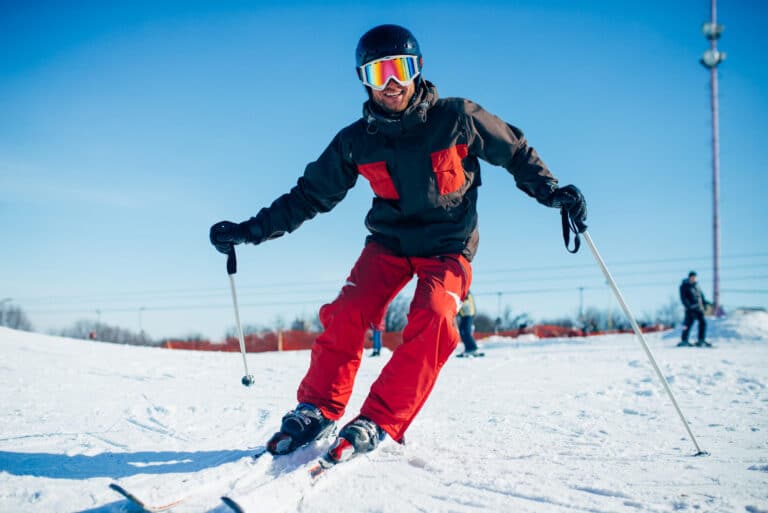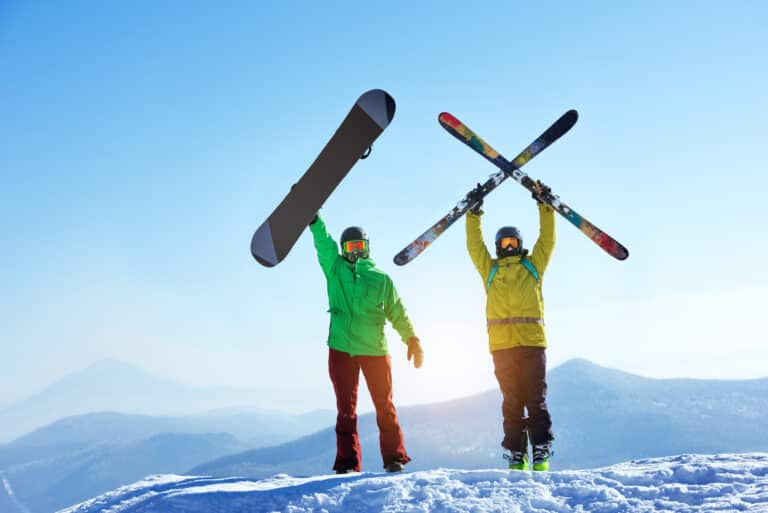Winter sports–a thrilling blend of adrenaline, skill, and the mesmerizing beauty of nature. Yet, as we embrace this frosty season’s fun, we must also acknowledge the potential risks involved. Winter sports like snowboarding, skiing, snowmobiling, and even ice skating are associated with an increased risk of Traumatic Brain Injuries (TBI). Before you head out to enjoy outdoor winter activities, let’s discuss some of the risks and what you can do to mitigate them.
A Look at the Numbers
The research on winter sports injuries reveals some sobering facts. For instance:
- Winter sports result in 600,000 injuries per year on average–20 percent of which are head injuries.
- Skiing and snowboarding accidents account for 55 percent of all concussions caused by winter sports–about 30% from snowboarding and 25% from skiing.
- Snowboarders are 50 percent more likely to sustain head or neck injuries than skiers.
- TBIs are on the rise overall, with 2021 being the worst year for TBIs in two decades.
Ensuring Safety While Embracing the Chill
Despite these daunting statistics, you can still enjoy winter sports with relative safety by taking a few precautions. Here are some guidelines to help minimize the risk of TBI:
- Wear Protective Gear: Whether you’re a beginner, intermediate, or advanced winter sports enthusiast, wearing the appropriate gear is a key safety component. Helmets, in particular, are especially important–they won’t necessarily prevent a concussion, but they are proven to reduce the risk of catastrophic or life-threatening injuries. Make sure your helmet fits well and meets all safety standards.
- Follow the Rules: Abide by all safety rules and regulations of the sporting facility. Never venture off designated paths or ignore warning signs.
- Warm Up and Cool Down: Prepare your body for intense physical activity by warming up beforehand and cooling down afterward.
- Rest When Necessary: Fatigue can impair your reflexes and decision-making abilities. Take frequent breaks to maintain peak physical and mental performance.
- Stay Hydrated: Dehydration can affect your coordination and balance. Drink plenty of water, even if you don’t feel thirsty.
- Get Medical Help if You Get in an Accident: Familiarize yourself with the signs and symptoms of TBI. Getting immediate medical attention can significantly improve outcomes if an injury does occur.
If an Injury Occurs
Whether on the slopes or on the ice, you likely won’t be alone–and not everyone practices safety protocols. If a winter sports injury does occur due to someone else’s negligence, know that you have legal options. Our experienced personal injury attorneys are here to assist you in protecting your rights and to help you receive any compensation to which you may be entitled. Call our offices to schedule a consultation.








